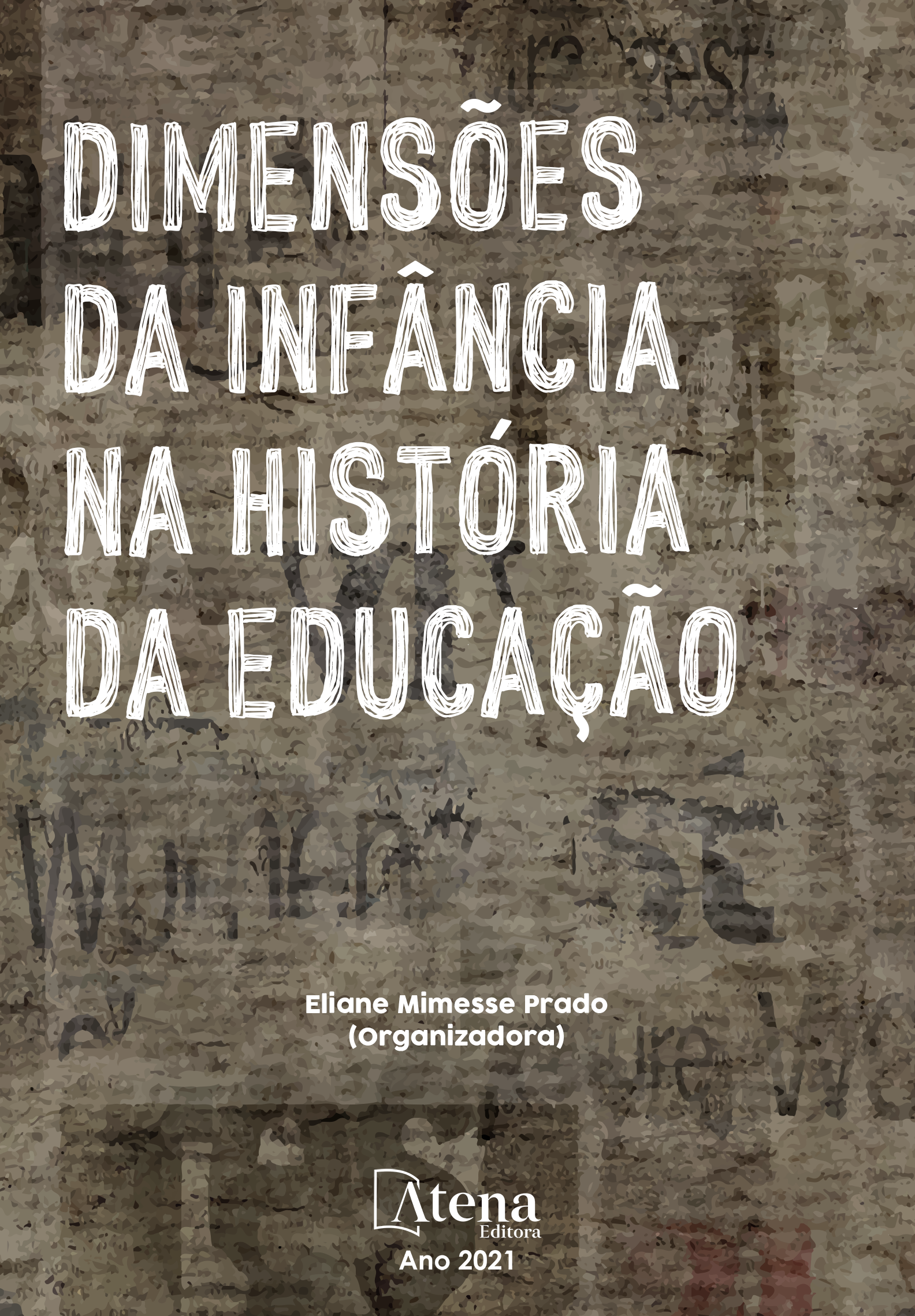
COM PIEDADE RUMO À FORCA: A FILANTROPIA E AS CRIANÇAS POBRES NA OBRA DE BRONISLAW GEREMEK
Este capítulo objetiva discutir como a infância e o trabalho em instituições de isolamento da Europa durante a modernidade (1453-1789) se relacionam a caridade, a filantropia e a educação na obra “A Piedade e a Forca: História da Miséria e da Caridade na Europa” (1995) de Bronislaw Geremek. A tese central é que embora Geremek não tenha se dedicado especificamente a discutir a situação da infância pobre, ele oferece em seu texto subsídios para identificar o papel social e as funções exercidas pelas crianças neste contexto, na medida em que, discute o pauperismo de maneira ampla. A proposta se ampara especificamente nos exemplos da França, Inglaterra e Itália apresentados pelo autor e os relaciona as ideias de outros pesquisadores sobre a História da Infância na Europa e a filantropia. Assim, o isolamento de crianças em casas de trabalho e hospitais associado ou não ao trabalho compulsório permite problematizar aspectos da caridade, beneficência e da filantropia.
COM PIEDADE RUMO À FORCA: A FILANTROPIA E AS CRIANÇAS POBRES NA OBRA DE BRONISLAW GEREMEK
-
DOI: 10.22533/at.ed.7392115061
-
Palavras-chave: história da infância, trabalho, isolamento compulsório, filantropia.
-
Keywords: History of childhood, compulsory isolation, labor, philanthropy.
-
Abstract:
This text discusses how childhood poverty and compulsory labor in European isolation institutions during the Modern Age (1453-1789) have related to the notions of charity, beneficence and philanthropy in Bronislaw Geremek’s “The mercy and the gallows: History of poverty and charity in Europe” (1995). The main thesis is that even though the author hasn’t dedicated himself to specifically discuss the situation of poor children, he offered, in his book, tools to identify their place in society and the functions performed by them in this and in different contexts. As far as it talks about impoverishment in a wide manner, it also ponders on the control and social assistance processes, associated with poor people’s freedom restraint. This analytical proposal supports itself specifically on France, England and Italy examples presented by the author and relates them to other researchers’ ideas on both History of childhood in Europe and philanthropy. Therefore, the isolation of children in workhouses and hospital institutions related or not to compulsory labor is a bias that allows discussing charity, beneficence and philanthropy aspects.
-
Número de páginas: 15
- Rafaela Paula da Silva


